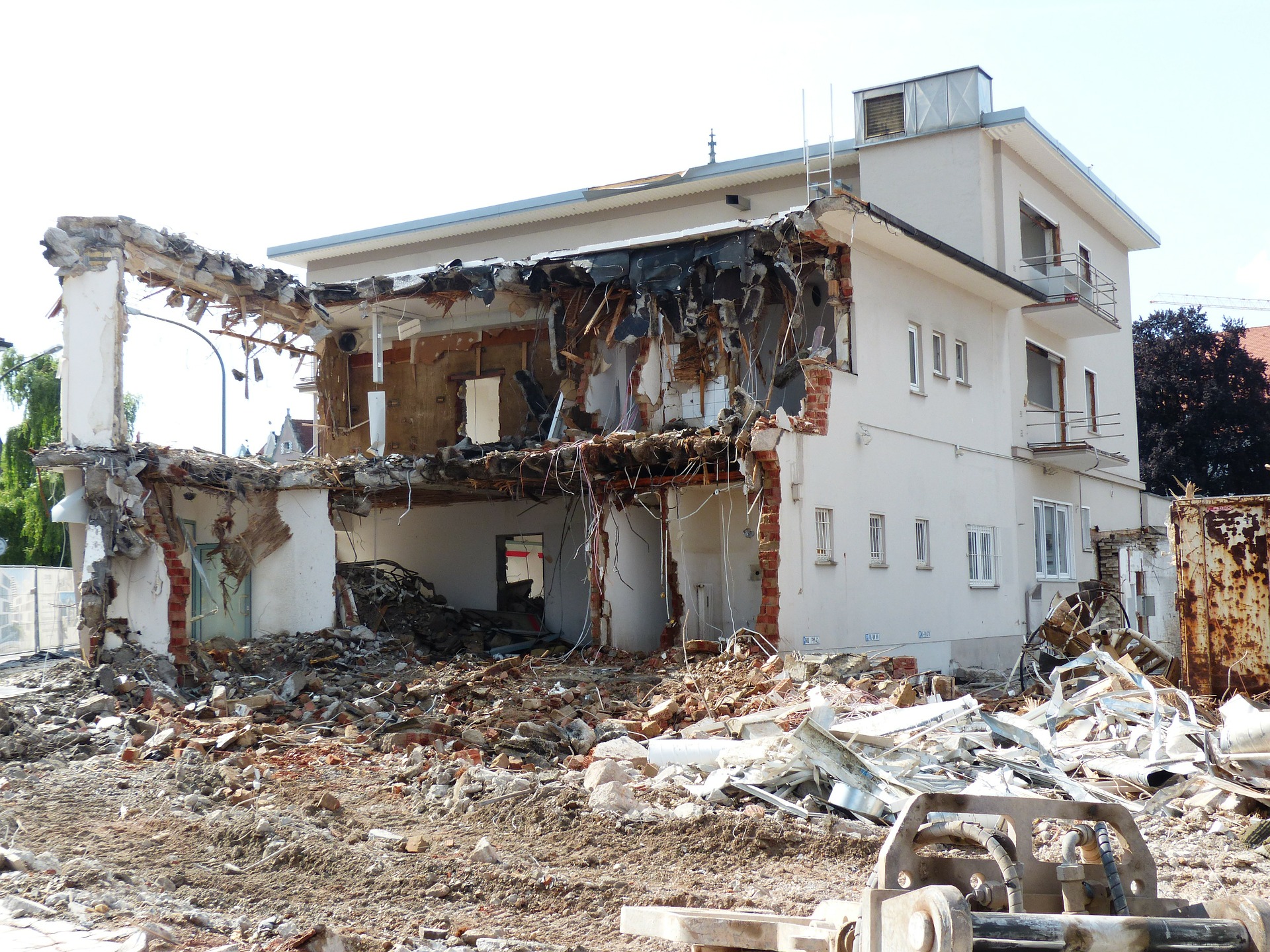
28 Feb What tax is due on sale of destroyed home?
Photo: pixabay.comQ. I bought a house in 2001. I rented it out until retirement and then renovated it to use as my primary residence. I moved out of New Jersey in 2005. The house was destroyed in Sandy, then razed and I sold the lot at a loss in January 2020. I was charged a tax on the sales price. Do I still have to pay the non-resident transfer tax, especially given loss was due to natural disaster?
— Seller
A. There are several taxes to consider when you sell a home, or in your case, land.
When a non-resident of New Jersey sells real estate located in New Jersey, a New Jersey withholding income tax is collected at the time of sale based upon the sale price of the real estate.
This payment is necessary in order to have the deed recorded, said David Ritter, chair of the tax practice at Brach Eichler in Roseland.
“Many people refer to this income tax as a `non-resident transfer tax’ or as a `New Jersey exit tax’ but it is neither,” Ritter said. “It is the normal New Jersey income tax applied to a non-resident who has sold New Jersey real estate.”
The tax collection is not the end of the story.
The non-resident is then required to file a non-resident income tax return reporting New Jersey source income, Ritter said. The sale of real estate located in New Jersey is New Jersey source income.
“If this sale was the only income earned in New Jersey this would be the only income reported,” Ritter said.
He said when reporting the sale, the net income to be taxed is calculated by subtracting the cost basis of the real estate from the sales price. If the cost basis was greater than the sale price then there is no net income subject to income tax, he said.
“In that instance the non-resident income tax return would report zero taxable income and zero tax,” Ritter said. “The payment made at the closing of the sale would be a pre-payment of the tax and would be claimed the similar to wage withholding. Since the payment would exceed the tax due the payment would be refunded.”
To calculate your cost basis, based on what you described, it would be the original purchase price reduced by depreciation deductions during the rental period and then reduced by any insurance collected due to the destruction, plus any cost to demolish the structure. There may be other factors that affect the tax basis and an accountant should review the facts to make a final determination, Ritter said.
On the realty transfer fee, Ritter said when real estate is sold, there is a realty transfer fee payable. By custom, the seller generally pays this fee although that can be changed by negotiation and contract.
“This transfer fee is payable whether the seller is a resident or a non-resident, and whether the seller is a resident or a non-resident makes no difference in the amount of the fee. The fee must be paid at the time of recording the deed to transfer the property,” Ritter said. “In certain situations there can be an additional fee which is customarily paid by the buyer. If this fee is applicable, it also must be paid at the time of recording the deed.”
Email your questions to .
This story was originally published on Feb. 28, 2020.
NJMoneyHelp.com presents certain general financial planning principles and advice, but should never be viewed as a substitute for obtaining advice from a personal professional advisor who understands your unique individual circumstances.

